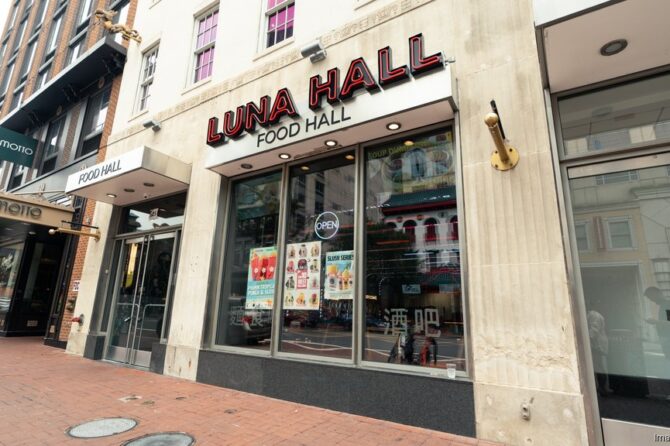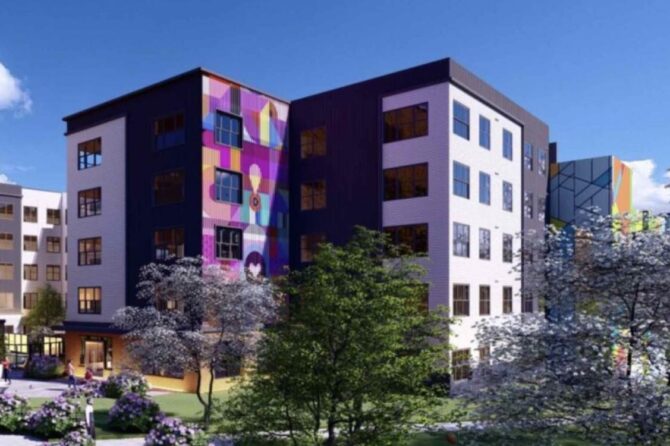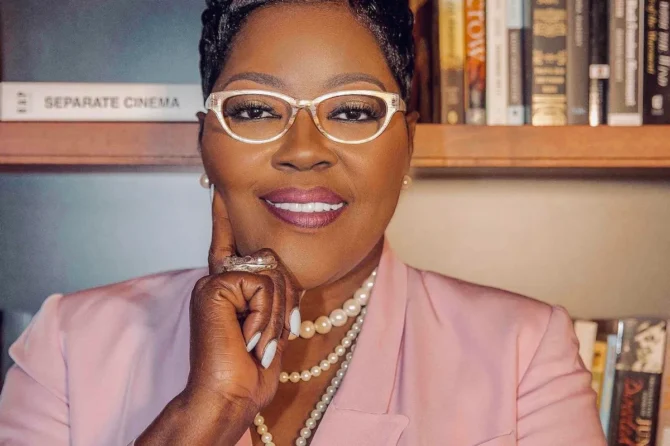MD ASSOCIATION OF COUNTIES: Following a unanimous council vote back in April, Prince George’s is poised to join Montgomery County and Baltimore City in testing out universal basic income.
As previously covered on the Conduit Street blog, guaranteed and universal income has been around as a concept for a long time and now one more Maryland jurisdiction is in the process of launching another program. Funding for the Prince George’s program came through during the counties FY24 budget process, allocating $2M for the program to be paired with another $2M from community organizations. They join Baltimore City and Montgomery County in these efforts.
The major tenant of these programs is the the distribution of unconditional funds by a government or non-governmental entity to counteract the adverse effects of poverty, fiscal inequity, and mental health issues in America. Others postulate the potential for these types of programs to offset or eliminate costs associated with facilitating existing health and human service programs i.e. nutrition and housing assistance, homeless services, Medicaid, etc. A major argument of opponents suggests unconditional funds would be used for superfluous or unnecessary items, but most research to date shows funds predominantly go towards food, housing, and transportation.
All three pilots were funded and included a research component to assess the ability of these programs to bolster long-term positive outcomes for resource scarce residents. The Baltimore City program will take place over three years, while Prince George’s and the Montgomery County MoCo BOOST program will be conducted over two years. The results could have the potential to reignite the policy discussion in Maryland around these offerings. The most recent proposal in Maryland came during the 2022 session, with a bill proposed by Delegate Acevero that would establish a Universal Basic Income for Transition-Age Youth Program within the Department of Human Services (DHS). It would have provided a universal basic income of $1,000 per month for a period of three years for specified individuals aging out of the out-of-home placement program










